In 2012, the NTUC introduced the Progressive Wage Model (PWM) to enable workers to achieve sustainable wage increases as they acquire better skills and higher productivity. The PWM augmented earlier NTUC initiatives like the Skills Redevelopment and the Job Re-creation Programmes.
In June 2012, the NTUC introduced the Progressive Wage Model to enable workers to achieve sustainable wage increases through the acquisition of better skills and higher productivity. This wage model comprised four ladders:
- skills
- productivity improvement;
- career paths; and
- wages
During NTUC Secretary-General Lim Swee Say’s tenure, seven unionised clusters worked with their respective tripartite partners to map out PWMs for their respective industries. They were:
- Hospitality and Consumer Business (Hotel, Retail and Food Services sectors)
- Building and Facility Management (Cleaning, Security and Landscape sectors)
- Transport and Logistics
- Healthcare
- Education
- Marine Engineering
- Oil, Petroleum, Energy and Chemical
Lim pointed out that Singapore is able to adopt this method of sustainable wage increases through re-skilling and upgrading of workers because of strong tripartite collaboration and a highly motivated workforce.
The Progressive Wage Model is today mandatory in the cleaning, security, landscape and lift maintenance sectors.


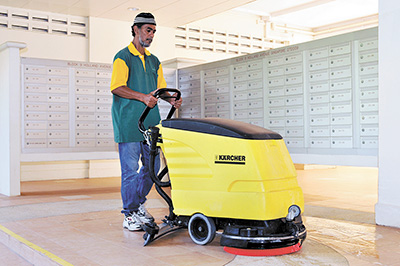

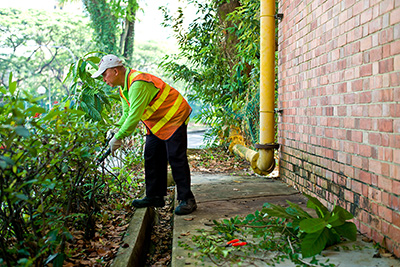
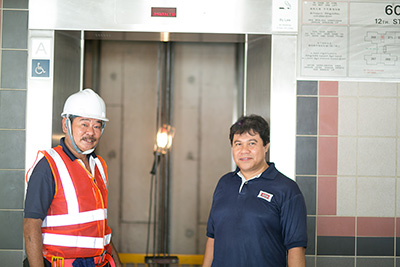

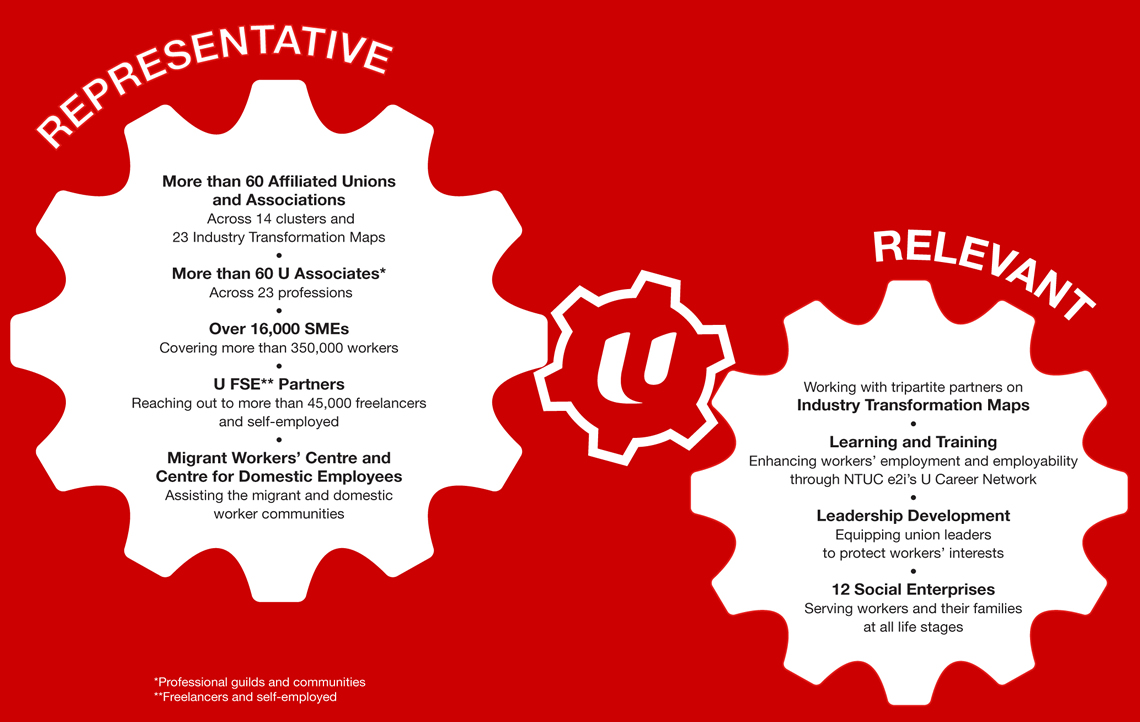






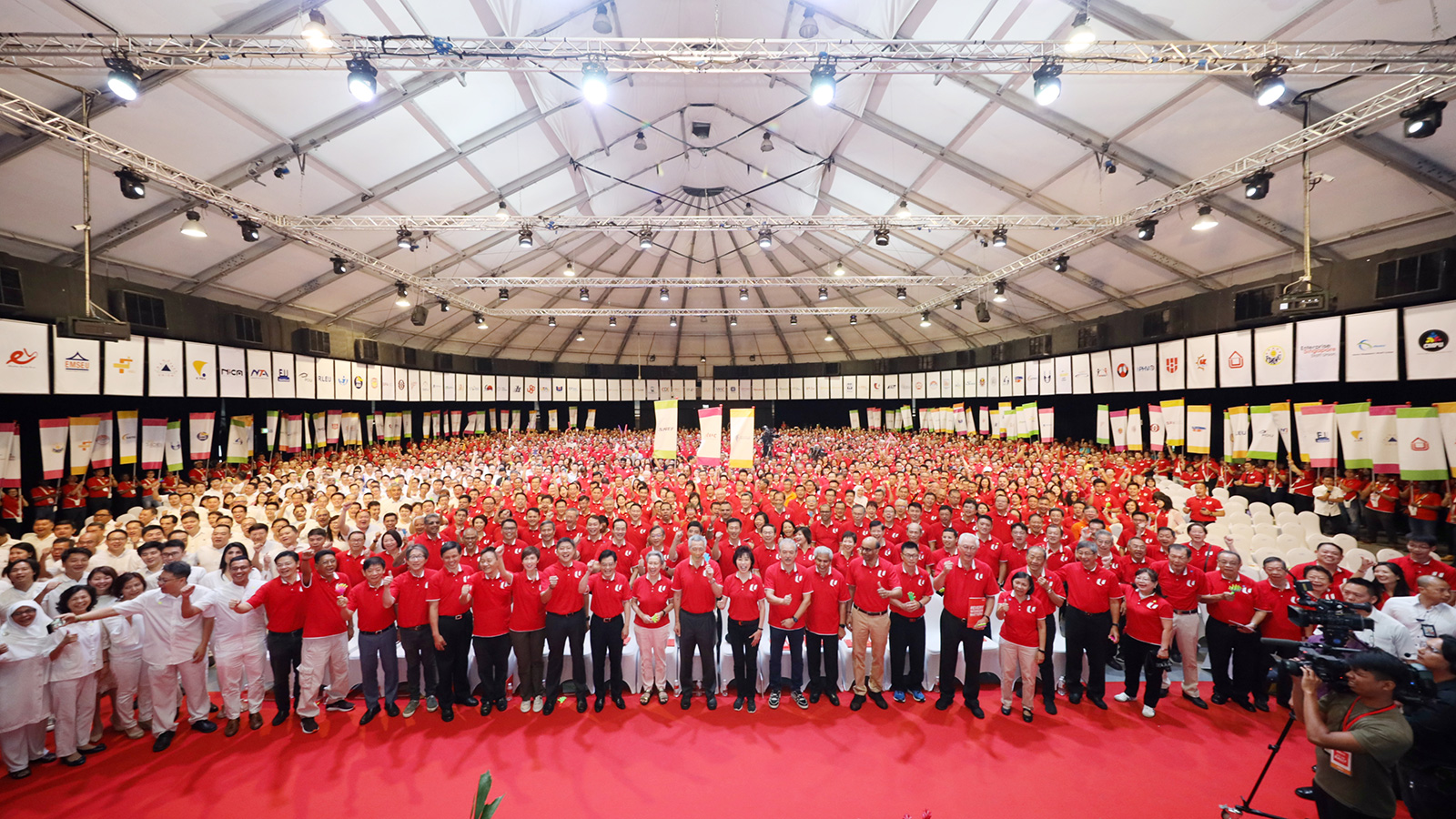





 Ready
Ready Relevant
Relevant Resilient
Resilient Better Wages
Better Wages Better Welfare
Better Welfare Better Work Prospects
Better Work Prospects